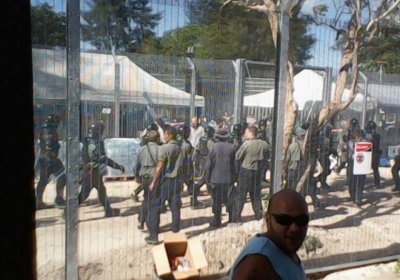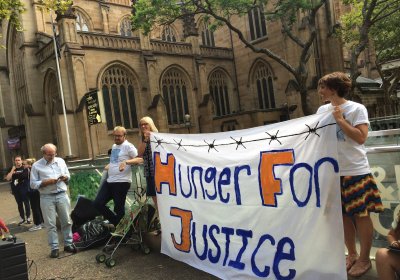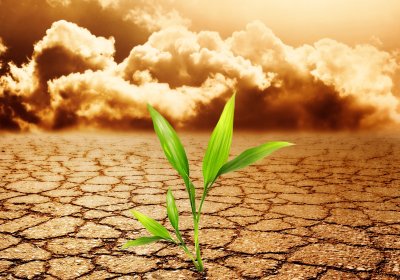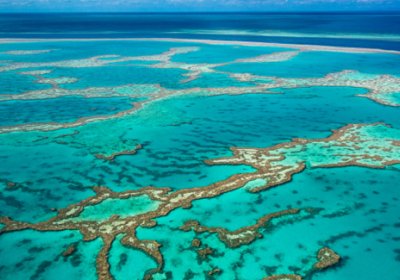A 13-day hunger strike by asylum seekers imprisoned by Australia on Manus Island, Papua New Guinea, was suspended on January 26 after Wilson’s Security flew in reinforcement to storm compounds where detainees were on hunger strike.
The hunger strike was in response to plans to move those whose refugee claims had been accepted to a new camp on the island under the guise of releasing them into the community.
This new camp at Lorengau, the Manus provincial capital, differs from the detention centre only in that its inhabitants are more vulnerable to violent attacks by vigilantes.
News
The National Freedom Movement is planning a second sit-in protest at Parliament House in Canberra when federal parliament resumes on February 9.
Protesters will raise issues, including the large numbers of Aboriginal children being taken from their families and the destruction of homeland communities.
Aboriginal leader Michael Anderson said: “Unity is how we will achieve anything. We need to come together as nations, support and educate each other on how we take what is ours.”
VIGIL FOR BALI NINE HELD
The Cross Border Collective released this statement on January 28.
***
Thousands of men, women and children held in Australia’s detention camps are growing increasingly desperate in their second year of incarceration in camps described as “hellholes”.
A man seeking asylum in Australia, who was due to be deported by immigration officials in December, is being held in Villawood detention centre after a protest on December 19 on the plane blocked the deportation. One plane passenger, Steph O’Donnell, said the asylum seeker, Wei Lin, made himself known to passengers on the plane before take-off.
The High Court has ruled that Australia's month-long detention of 157 Tamil asylum seekers at sea last year was legal and the asylum seekers were not entitled to claim damages for false imprisonment.
The asylum seekers’ boat was intercepted by customs ship Ocean Protector off Christmas Island on June 29, after their boat was damaged by fire and they called for help. The Tamils on board said they feared persecution in Sri Lanka and asked for asylum.
"Today was the best Invasion Day protest that I have ever been to," Socialist Alliance councillor Sue Bolton told Green Left Weekly on January 26. "There was a real feeling of Aboriginal pride and resistance. The crowd was bigger today too."
In Melbourne, the protest began with a smoking ceremony near Parliament House followed by a rally on the parliament steps.
The rally then marched to the official "Australia Day" parade, moved the barricades and marched along the official parade route.
A week before the Queensland election more than 500 people rallied against premier Campbell Newman and the Liberal National Party on January 24.
Speakers included Indigenous activist Sam Watson, Secretary of the Electrical Trades Union Peter Simpson, Debbie Kilroy from Sisters Inside, Drew Hutton from Lock The Gate Alliance and Greens candidate Jonathan Sri.
Grandmothers Against Removals released this statement on January 28.
* * *
Activists from the national movement Grandmothers Against Removals joined the Aboriginal protest convergence in Canberra over the Invasion Day long weekend, including the march on Parliament House.
Chanting "Always was, always will be, Aboriginal land," more than 500 members of Aboriginal communities from across the country and their supporters marched from Civic in the centre of Canberra to the Aboriginal Tent Embassy in front of Old Parliament House on January 26, also known as Invasion Day.
The embassy was also the site of the second meeting of the Indigenous National Freedom Summit, following its founding in Alice Springs in November 2014.
In a dramatic turn of events, the NSW government has suspended AGL’s licence to operate its Waukivory Pilot Project to mine coal seam gas (CSG) in Gloucester, pending the result of an investigation launched on January 28.
The suspension came just a day after AGL said it was "voluntarily" suspending work at the site after it had detected banned carcinogenic benzene, toluene, ethylbenzene and xylene (BTEX) chemicals in flowback water from two of the four wells and an above-ground storage tank.
Planetary boundaries are those considered crucial to maintaining an environment in which humanity can safely exist.
Nobel Prize-winning atmospheric chemist Paul Crutzen, US climatologist James Hansen and Johan Rockstrom from the Stockholm Resilience Centre, developed an analysis of nine of these boundaries some years ago.
Alongside climate change, they include ocean acidification, ozone depletion, fresh water use, change in land use, biodiversity loss, chemical pollution, atmospheric aerosol loading and the nitrogen and phosphorous cycles.
More than 500 people held political parties contesting the Queensland elections to account over the protection of the Great Barrier Reef at a public forum at Brisbane City Hall on January 22.
The forum was was organised by the Australian Marine Conservation Society (AMCS), Queensland Conservation Council, the Wilderness Society, Greenpeace, Australian Youth Climate Coalition and GetUp. It was chaired by Professor Ian Lowe.
- Previous page
- Page 401
- Next page











